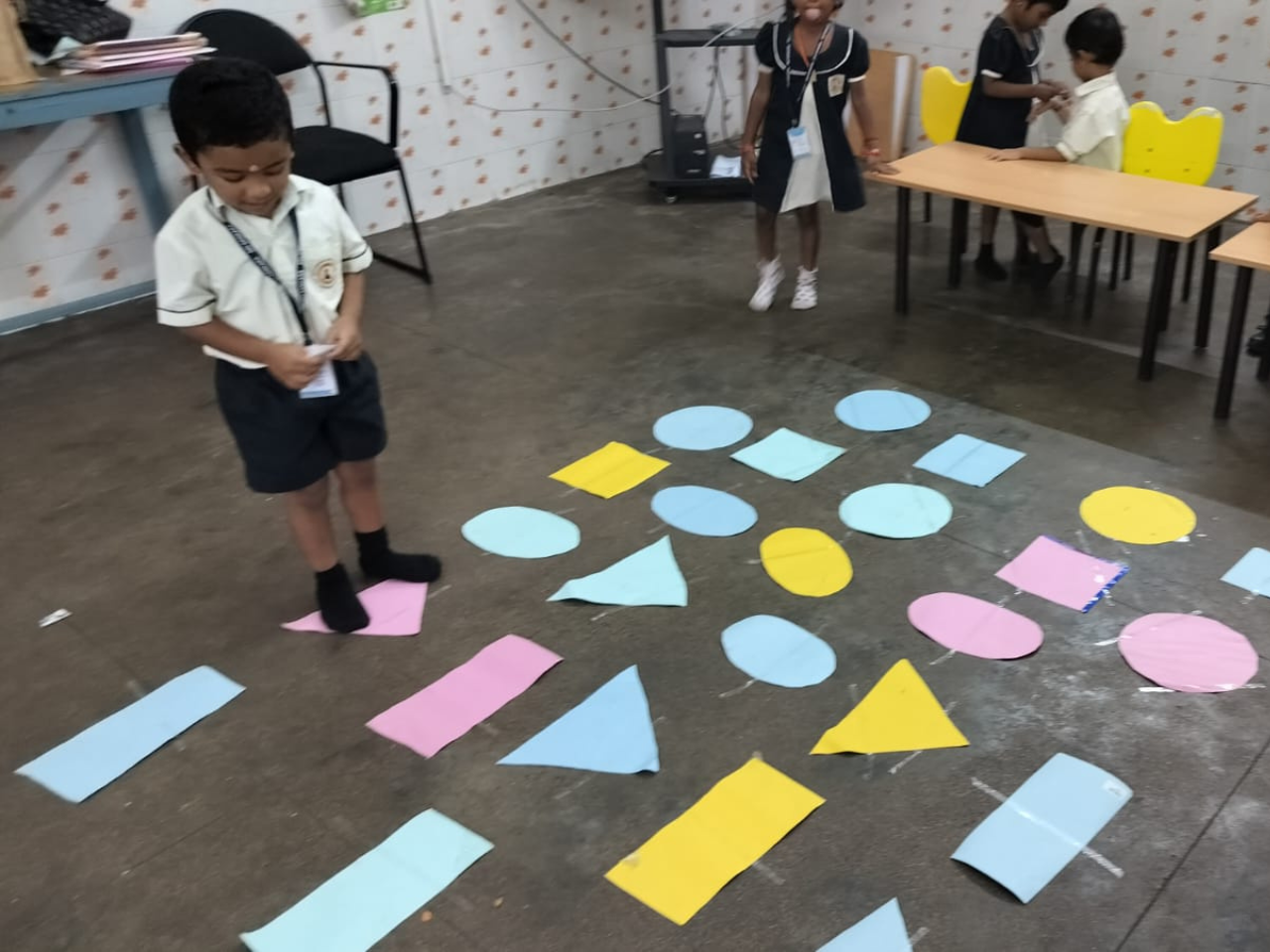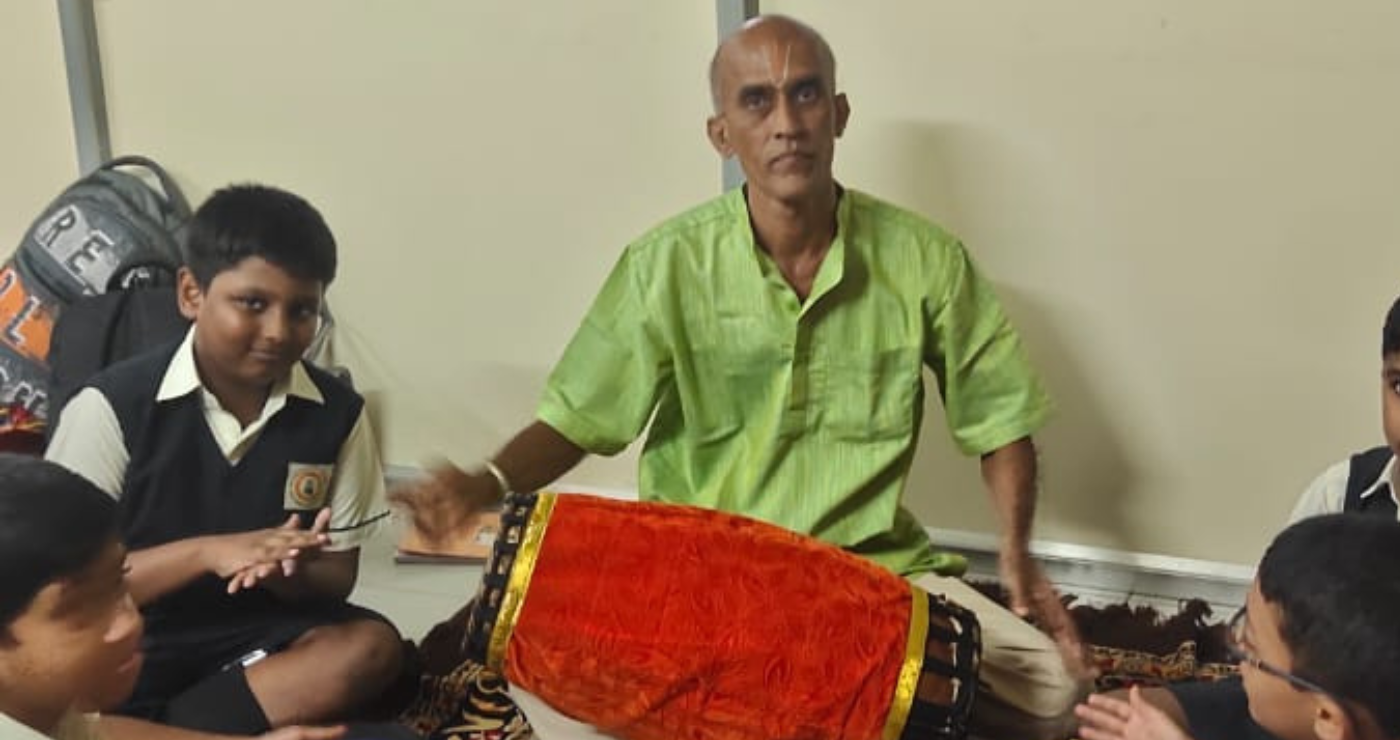
CHESS
Chess is an excellent tool to reinforce critical thinking as chess favors the “if-then” thinker. During a game a player must formulate a plan of attack or defense. To effectively do this the player must evaluate the results of a specific action and sequence. They learn to be guided by logic rather than impulse and must analyze concretely. Children learn to identify alternative actions and weigh the consequences. They must consider the bigger picture and apply patterns used in one context and apply them to different, but related situations. Players are taught to develop long-range goals and the need to reevaluate plans. They learn not to be overly invested in any one consideration as they consider all of the factors. This exercise provides mental clarity to the player. The combined outcome of these skills is a child who possesses the mental dexterity and clarity required for problem solving. Chess trains the mind to play with possibilities. It requires players to be creative, which is the cornerstone of original thinking. Chess can improve children’s social habits allowing students of dissimilar backgrounds to integrate with others. Chess helps build individual friendships and teaches children about sportsmanship. Children learn how to win graciously, and more importantly, how not to give up when encountering defeat.

RUBRICS
Rubrics, in education, is an assessment guide used to evaluate learning. It's a scoring guide, a set of criteria for grading assignments. Most formal education systems use some level of rubrics in their teaching-learning process to evaluate learners and assign grades/marks/scores etc.

MIRUNDHANGAM
The mirundhangam is a percussion instrument of ancient origin. It is the primary rhythmic accompaniment in a Carnatic music ensemble. The students of classes I-VIII have regular miruthangam classes in their schedule that help them

KEYBOARD
To increase student access to the life-changing benefits of music education through piano lessons, regardless of socioeconomic factors. Playing Keyboard offers different physical and physiological advantages to the kids who play it. It sharpens fine motor skills, improves dexterity and hand-eye coordination. Playing the keyboard can improve your overall aural awareness of your kid. Playing the keyboard trains your kid to recognize tones, intervals, and chords as well as helps them to develop a sense of pitch. While learning & playing the keyboard, both positive and constructive feedbacks help kids to accept critic, learn more and move on. It constantly helps them to improve themselves to get the best out of themselves. The students of classes I-VIII have regular keyboard classes in their schedule that help them.







